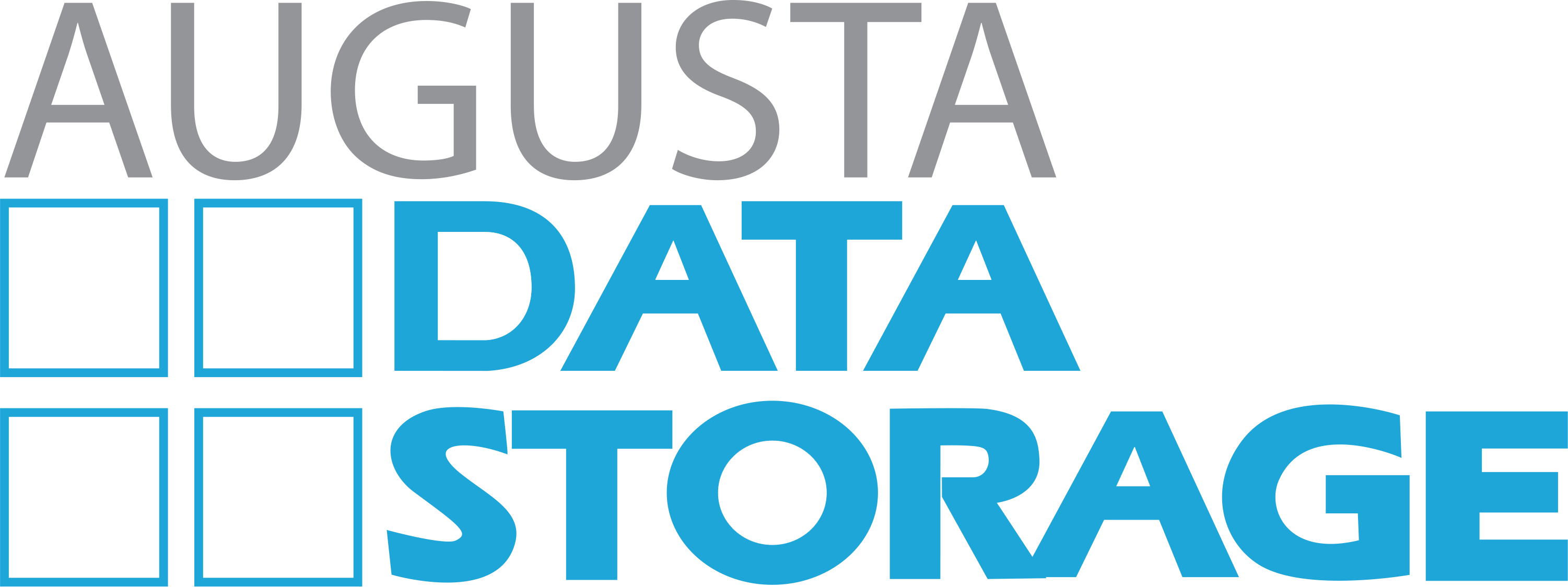Why Shred? It’s the Law
Critical Legislation You Should Know About
Health Insurance Portability and Accountability Act. (HIPAA)
HIPAA was created in an effort to secure patient data from unauthorized exposure. HIPAA guidelines emphasize the importance of privacy and security of personal health information, such as insurance plans, electronic healthcare transactions, and identifiers. Medical institutions must follow such guidelines as provided by HIPAA.
Fair and Accurate Credit Transactions Act (FACTA)
FACTA is the Fair and Accurate Credit Transaction Act, and it was established by the federal government in 2005. This law is in place to assist in reducing the risks of fraud and identity theft, and pertains to all organizations in the United States, regardless of particular industry or size.
Gramm-Leach-Bliley Act (GLBA)
GLBA is the Gramm-Leach-Bliley Act, intended predominantly for the financial industry. However, this act is also applicable to any business that manages or stores customer financial data.
The National Association for Information Destruction (NAID)
NAID established industry standards in relation to secure destruction of documents, micro media, and computer hard drives. As a Certified AAA NAID company, all processes we follow here at Augusta Data Storage, Inc. are carried out in a methodical manner to ensure everything we do is in direct correlation with NAID standards.
Better Business Bureau (BBB)
BBB provides helpful information on business liabilities, fraud alerts, ethical business conduct and intermediary services.
Identity Theft Resource Center (ITRC)
The ITRC supplies training and presentations that are focused on practices and risk reduction tips for both organizations and consumers.
Material You Should Be Shredding
It can be difficult determining what content requires secure shredding, but with some basic knowledge, it doesn’t have to be. As a rule of thumb, any record that has surpassed its retention period or is simply no longer relevant and contains private information should be professionally destroyed.
Use the below recommendations as an outline to be sure you are shredding all material accordingly. Keep your business protected from the risks associated with improper document disposal. Identity theft cases and fraudulent activity is a prominent concern that you should be addressing to remain secure. Start with being proactive and always shred anything that is deemed confidential!
- Advertising
- Applications
- Appraisals
- Bank statements
- Bids and quotes
- Budgets
- Business plans
- Canceled checks
- Client lists
- Contact lists
- Correspondence
- Customer information
- Disciplinary reports and promotions
- Expense reports
- Financial statements
- Health and safety details
- Internal reports
- Legal records
- Magnetic media
- Maps and blueprints
- Marketing plans
- Medical records
- Microfilm and microfiche
- New product information
- Payroll documents
- Performance appraisals
- Personnel files
- Research and development documents
- Sales forecasts
- Strategic reports
- Strategies
- Supplier purchase orders
- Supplier reports
- Supplier specifications
- Tax records
- Training information
